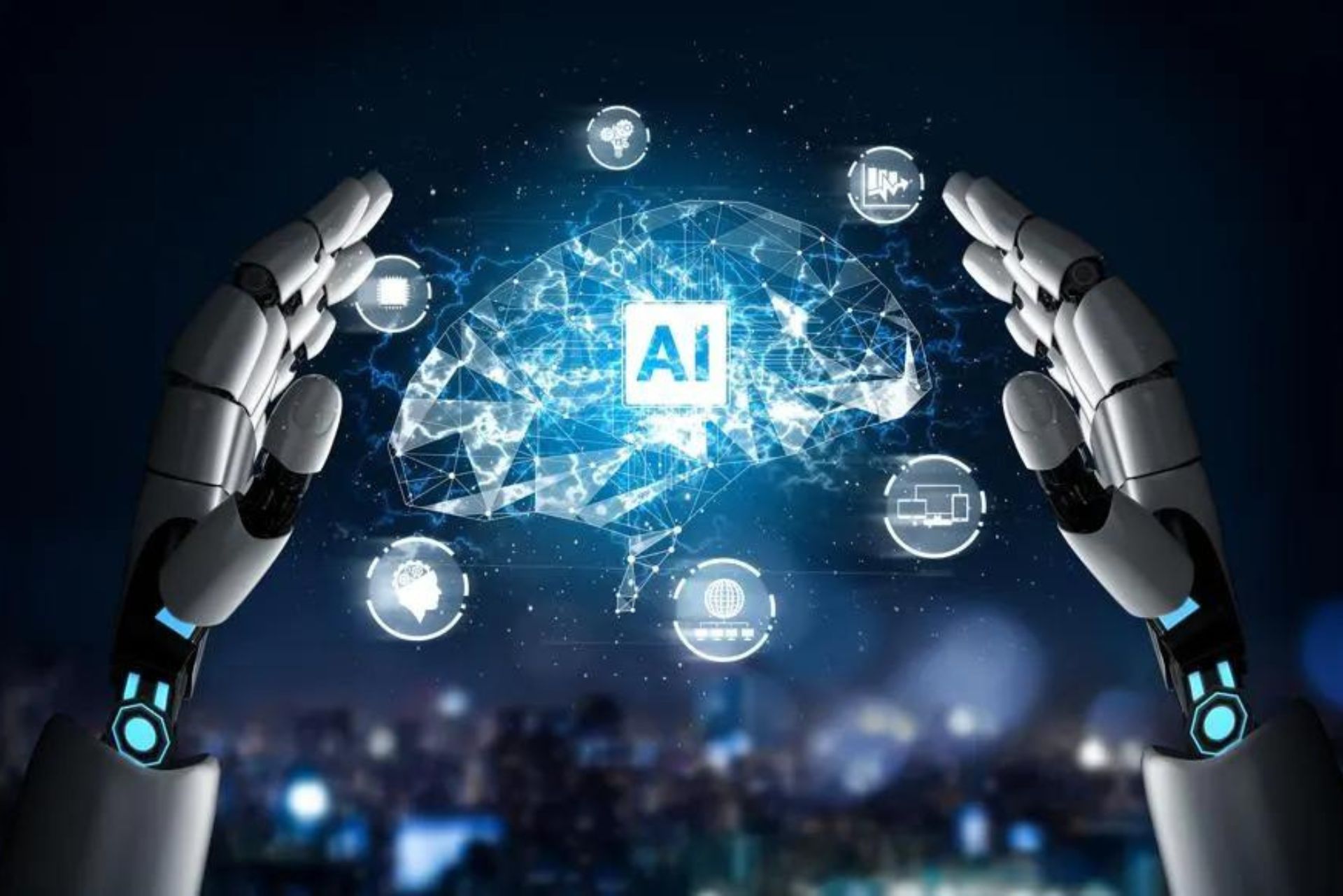#1 Artificial Intelligence in Digital Marketing Course with Certification
Classroom Training | Live Online Session
Learn Artificial Intelligence in DM to maximize your effort and eventually amplify your skills with this Online & Offline Artificial Intelligence in DM course. Get familiar with all the Artificial Intelligence tools and strategies with this course.

1-on-1
Mentoring Sessions
Beginner
Course Level
Flexible Per Course
Timing
1000+
Students Trained
Artificial Intelligence in DM Course Details
Industry-Relevant Curriculum
1:1 Mentoring Session with Expert Trainers
No Prior Experience/Knowledge required
Access to LMS
Dedicated Q&A Support & Doubt Solving Sessions
Practice Tests & Assignments
Get Brochure Now !
What Our Students Say
 “I enrolled for ProiDeators SEO, Social Media short-term certification courses. I am satisfied with this course and teaching. Also, I got all certificates from there for SEO & Social Media. I would totally recommend going for these short-term certification courses.”
“I enrolled for ProiDeators SEO, Social Media short-term certification courses. I am satisfied with this course and teaching. Also, I got all certificates from there for SEO & Social Media. I would totally recommend going for these short-term certification courses.”
– Pooja Yadav
Student of SEO & Social Media
 “Best short term course for Website Development & Google Analytics. Excellent institute for practical knowledge. It gives you quality as it promises. Specially the teachers are very good who teach with examples that make it easy to understand.” Best Digital Marketing Courses Institute.
“Best short term course for Website Development & Google Analytics. Excellent institute for practical knowledge. It gives you quality as it promises. Specially the teachers are very good who teach with examples that make it easy to understand.” Best Digital Marketing Courses Institute.
– Pratik Shirore
Student of Masters in Digital Marketing, India
Artificial Intelligence in Digital Marketing Training Courses in Thane, Mumbai – India
Digital marketing (DM) uses artificial intelligence (AI) because it improves decision-making, customised service, and decision making. AI technologies enable marketers to analyse vast amounts of data, automate processes, and deliver personalized experiences to their target audience. It works in the most promising manner and seems like a human bot working behind the devices. AI powered chatbot and virtual assistant help brands and businesses to chat automatically with the users and assist them with their query.
Below are the uses of AI in digital marketing:
Data Analysis and Insights: AI-powered algorithms can process and analyze large volumes of data to extract valuable insights. Marketers can use AI to analyze customer behaviour, preferences, and trends, allowing them to make data-driven decisions and optimize their marketing strategies. AI can also identify patterns, segment audiences, and predict customer actions, helping marketers understand and target their audience more effectively.
Personalization and Customer Experience: AI allows salespersons to convey modified experiences to their consumers. By leveraging AI, businesses can analyze customer data, such as browsing behavior and purchase history, to provide tailored product recommendations, personalized emails, and targeted advertisements. AI-powered chatbots and virtual assistants can also enhance customer interactions by providing instant and personalized responses to inquiries.
Content Creation and Optimization: AI tools can generate and optimize content for digital marketing purposes. Natural Language Processing (NLP) algorithms can create written content, such as blog articles or social media posts, based on predefined guidelines or specific keywords. AI can also optimize content by analysing user engagement data and suggesting improvements to enhance its effectiveness.
Chatbots and Customer Support: AI-powered chatbots can handle customer inquiries and provide real-time support. These virtual assistants can answer frequently asked questions, provide product recommendations, assist with purchases, and resolve common issues. Chatbots can save time for both customers and businesses by offering instant and accurate responses, improving the overall customer support experience.
Predictive Analytics and Lead Scoring: AI algorithms can analyze historical data to predict customer behaviour and identify potential leads. Businesses may discover high-value clients, predict sales patterns, and optimise marketing campaigns for higher conversion rates by using predictive analytics. Lead scoring algorithms can assess the likelihood of a lead converting into a customer, helping marketers prioritize their efforts and allocate resources effectively.
Advertising and Media Buying: AI technologies can optimize digital advertising campaigns. AI-powered platforms can analyse audience data, identify target segments, and automate ad placement and bidding strategies. AI algorithms can also optimize ad creative elements, such as headlines, images, and calls-to-action, to improve campaign performance and increase click-through rates.
Sentiment Analysis and Social Listening: AI can monitor and analyze social media conversations, reviews, and mentions to gauge customer sentiment and gather valuable insights. Sentiment analysis algorithms can determine whether customer feedback is positive, negative, or neutral, helping businesses understand customer perceptions, identify emerging trends, and respond to feedback promptly.
Search Engine Optimization (SEO): AI algorithms, such as Google’s RankBrain, play a role in search engine ranking and relevance. AI can analyze search patterns, user behavior, and content quality to deliver more accurate search results. Marketers can leverage AI tools to optimize website content, conduct keyword research, and improve organic search visibility.
Data Security and Fraud Detection: AI can help protect digital marketing efforts by detecting and preventing fraudulent activities. AI algorithms can analyze patterns, user behavior, and transaction data to identify potential fraud or security breaches. AI-powered security systems can enhance data protection and safeguard customer information.
Artificial Intelligence continues to advance and revolutionize various aspects of digital marketing, enabling businesses to streamline processes, deliver personalized experiences, and make data-driven decisions. Marketers who leverage AI technologies effectively can gain a competitive edge in an increasingly data-driven and personalized marketing landscape.
